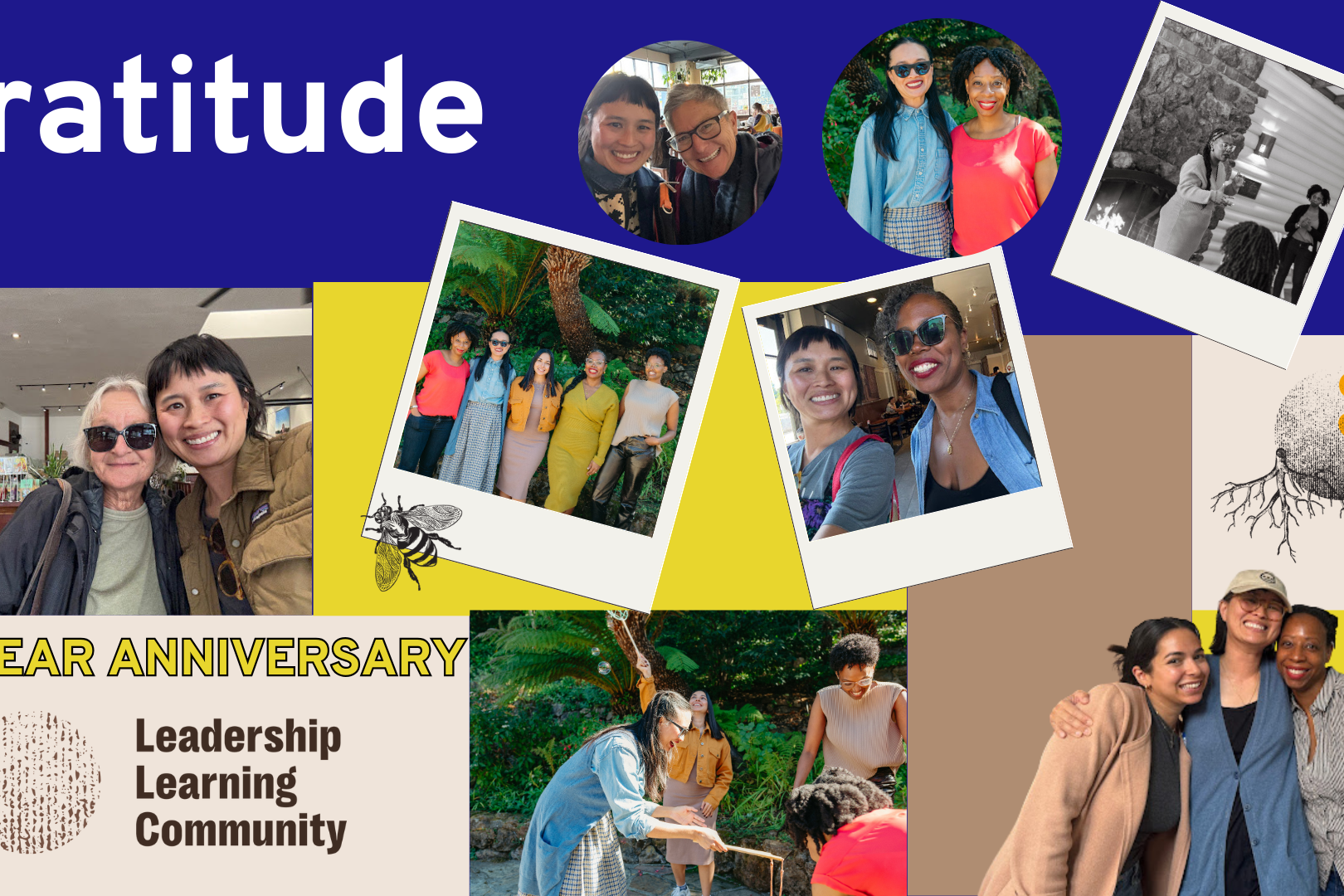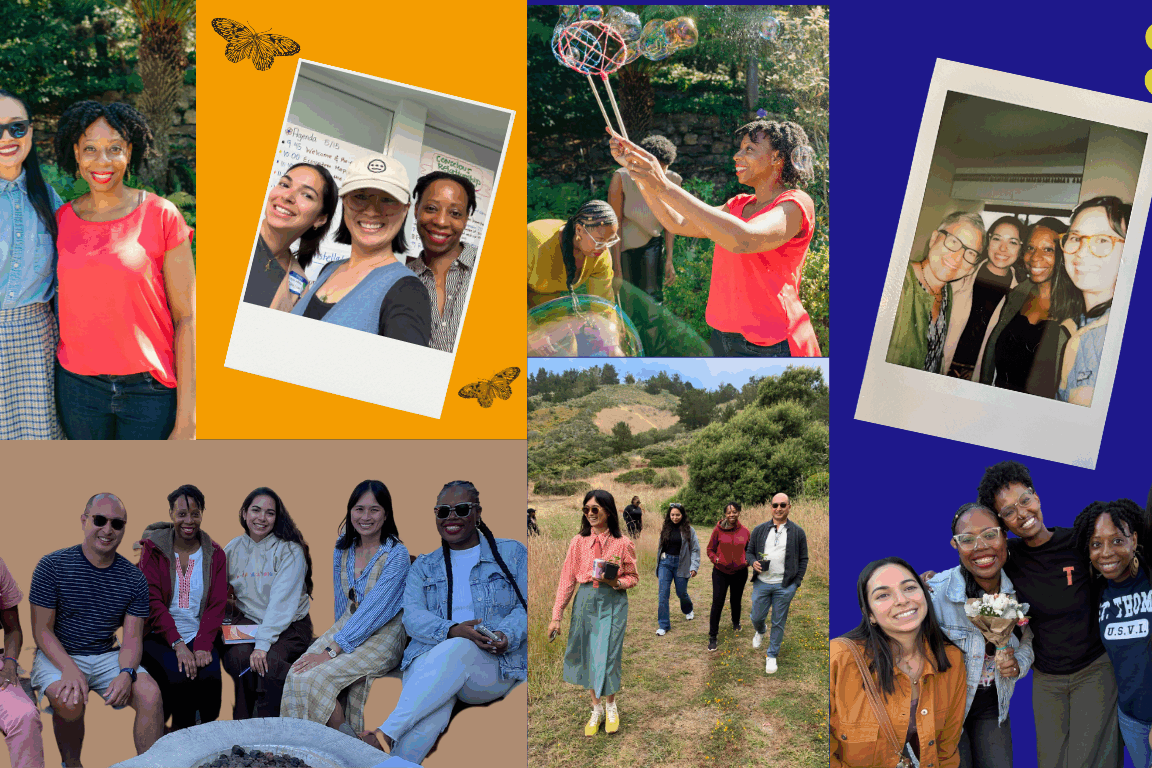The scale at which change is happening is what our movements might have dreamt of, but not like this. Through one lens, the breakdown of due process and the casual violence towards workers, college students, citizens, and non-citizens is unsafe, often unconstitutional, reckless, immoral, and inhumane. Within the social good sector, our effectiveness in community advocacy and services is consistently impacted by unpredictable funding, organizational shifts, and widespread burnout. As Leadership Learning Community walks with leaders through learning circles, affinity spaces, and gatherings, one consistent feeling that has been named is anxiety.
In addition to listening to Doechii’s music, I have also been marinating on a quote from Barry M. Prizant’s book Uniquely Human: A Different Way of Seeing Autism. He writes, “The opposite of anxiety isn’t calm, it’s trust.”
“Today’s leaders are rightfully anxious. While a calm inner self is helpful in leadership, these times specifically call for a focus on rebuilding trust within ourselves, each other, organizations, and in community. But how to do this has evolved in recent years. Trust does not flow vertically or upward as it did in previous decades. There is no expectation of a singular expert, policymaker, billionaire, newspaper, or activist to command our full trust.” See more in our latest article in NPQ and as part of the NPQ Liberatory Leadership series.
As a leader of an organization, community, team, or just your darn self, you may be searching for ways to realign or reground towards a pace that is more sustainable and less anxiety-ridden. How to do this is one of the hardest questions, and maybe a very personal one.
What I know about our sector is that we will continue to fight hard for our communities, and we cannot control all the external factors of our work. What we can control is how we show up. Today, we invite you to take a few minutes to deepen your knowings and intentions about how you lead.
Reflection Questions
1.Reflect on how you process. Parts (a) and (b) are from our Brain Gifts worksheet and inspired by coach Belma Gonzalez.
-
- Write about your brain gifts. How does your brain work? What nourishes it? When does it thrive? When does it struggle? What does it crave? What’s an analogy you can draw from how your brain works?
- Spend time thanking your brain for what it does, including the ways your brain functions that you sometimes find yourself criticizing. Below, jot down a few compliments to yourself on how your brain works.
2. Take a moment to think back when you’ve felt anxiety at work? What was the context? How did it show up? Who was responsible? What was your role? What or whom did you trust or not trust?
3. Now, examine how you understand what is true and what is not true? What is your process? For example, when you see an interesting image in your social media, how do you know you can trust it to be true? When you read the news, how do you filter the information? What does your brain need in order to believe something to be true?
4. Take a deep breath in and out. We’re going to warp speed to a lush garden now on a sunny morning with just the right shade. Imagine you are holding a cup or pail, and have the opportunity to harvest some of your favorite fruits. Are they hardy? Are they delicate? This cup represents our capacity to trust. The fruit we pick are interactions we have with information or people that we believe in and trust. How often do you feel this ease or relief of trust? What doesn’t make it in your cup and why?
5. Lastly, we simply invite you to slow down and bear witness to what fills your cup for a few hours or days. Other ways to notice might include journaling or connecting in conversation with a colleague or friend.
I know it’s hard, but it’s summer, the kids are out, and the sun is giving. I am wishing you joy through berries, stone fruit, apples, and even durian. Joy because it is resistance and it is delicious. May what we pay attention to grow, may our harvests always be enough, and may we remember to nourish ourselves so we can continue.
P.S. For those who are thinking about running to your closest market or farm for fresh fruit, I also wanted to share a few organizations that support farm workers:
- Mixteco/Indigena Community Organizing Project
- United Farm Workers
- California Rural Legal Assistance Foundation
- Midwest Farmers of Color Collective
Related Posts
December 15, 2025
LLC’s 2025 Celebrations
June 21, 2025




